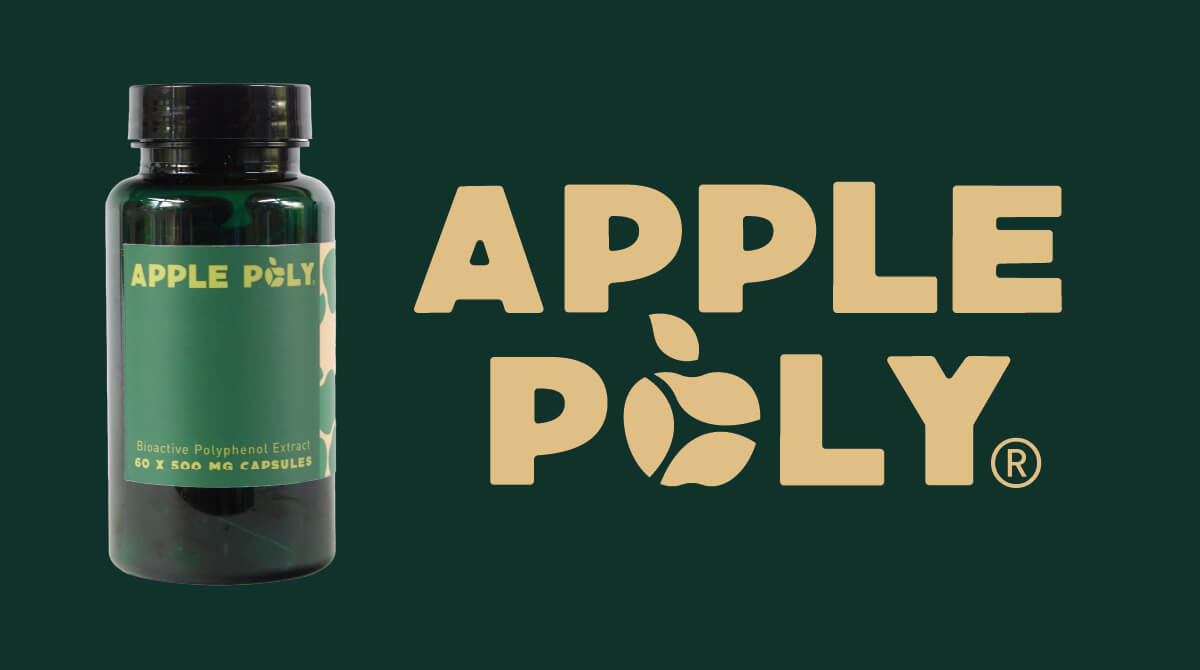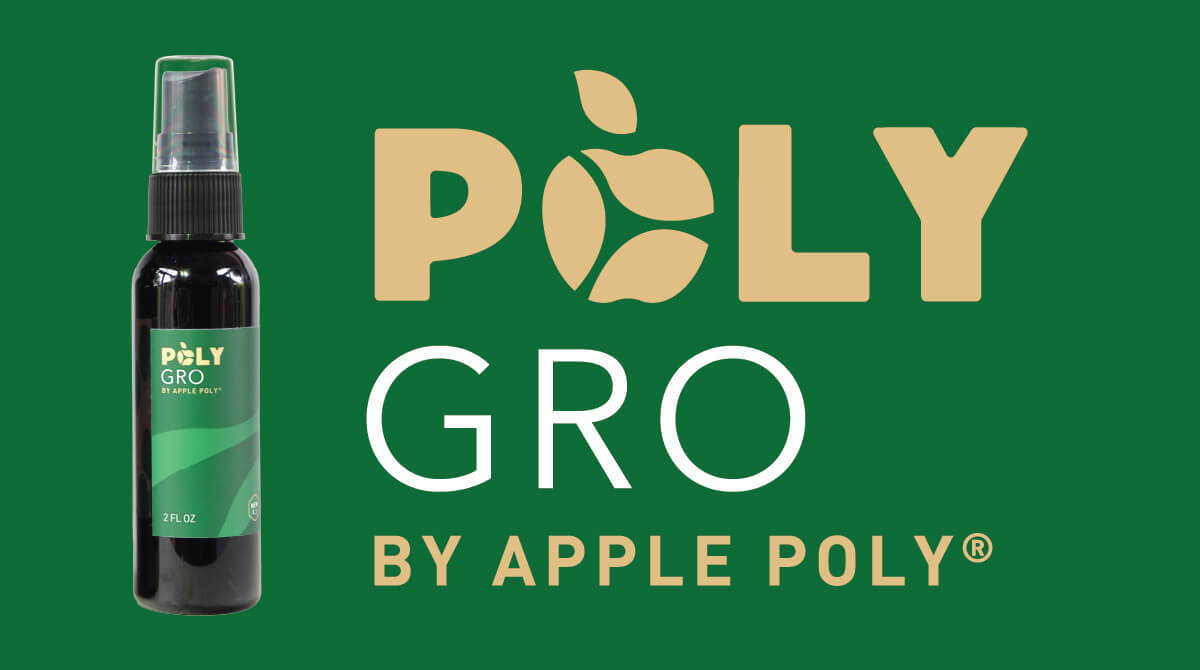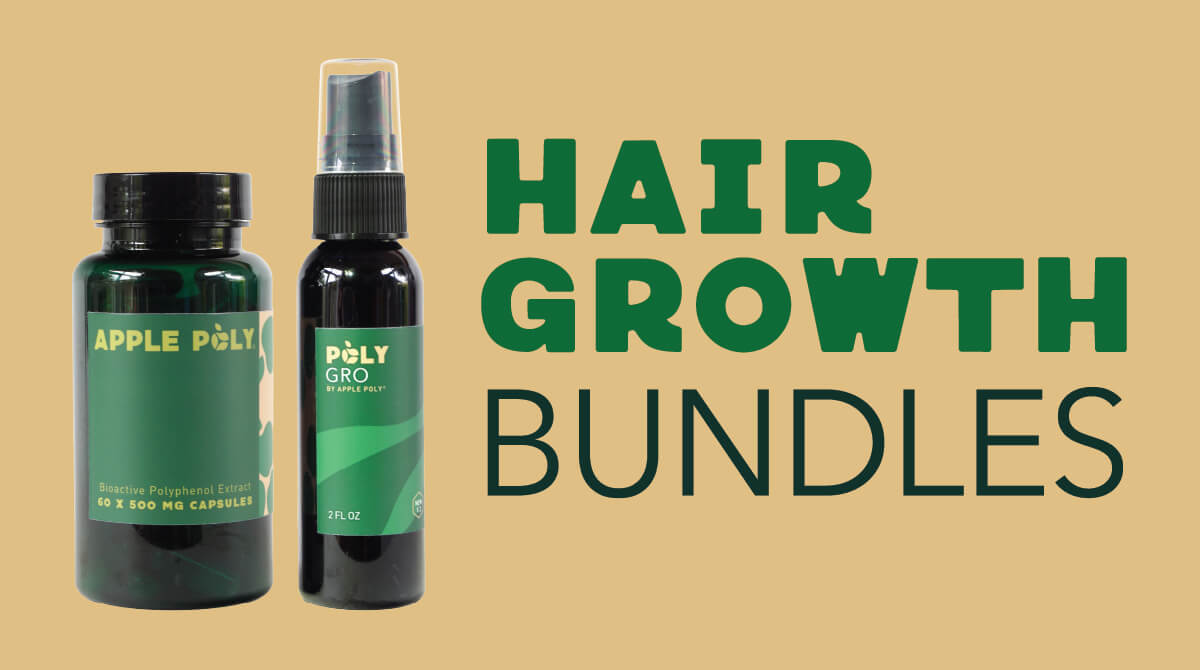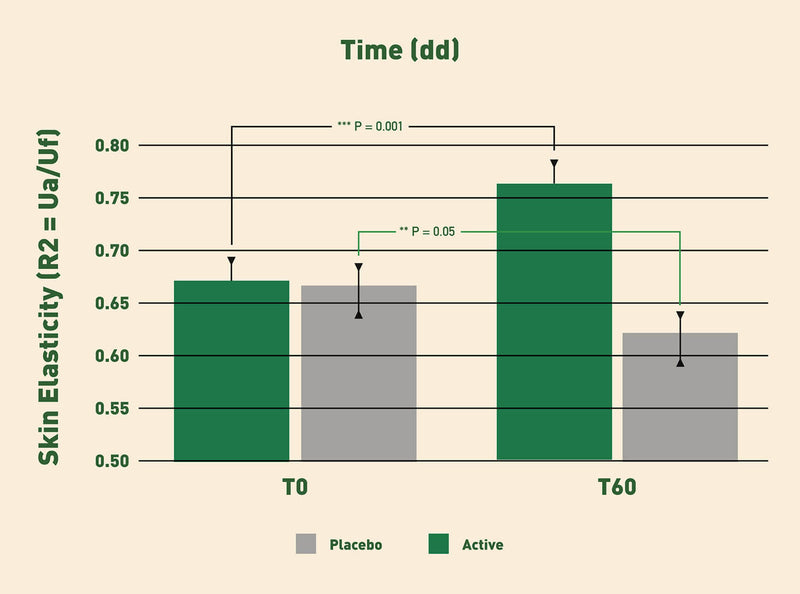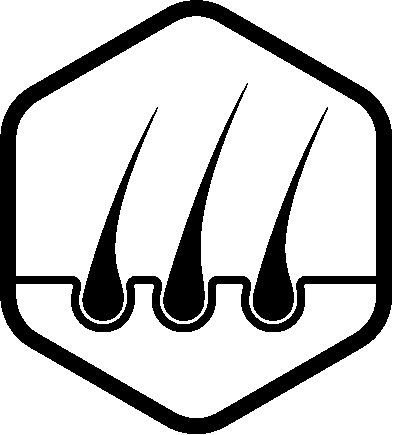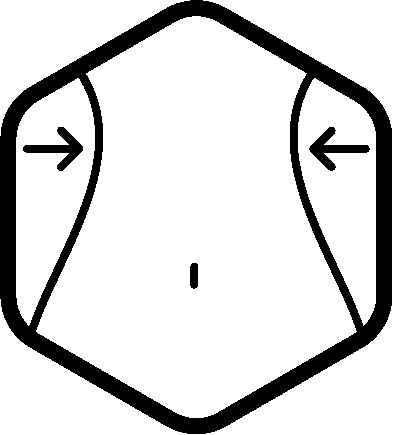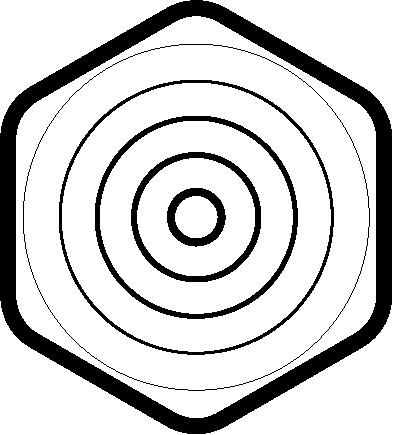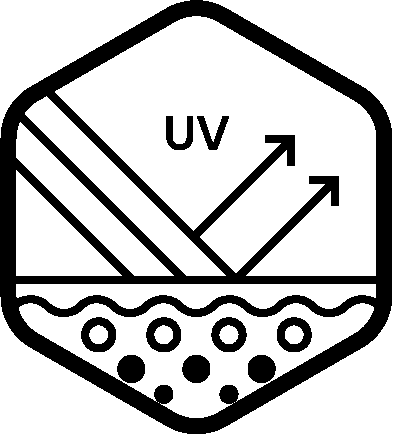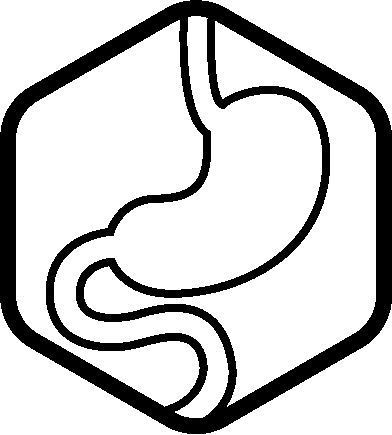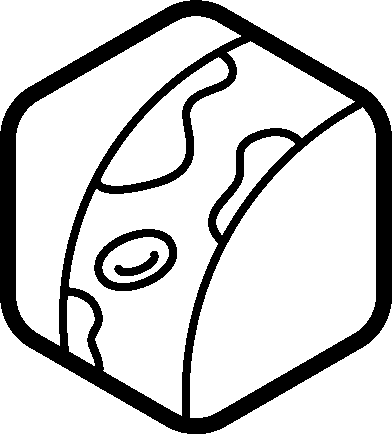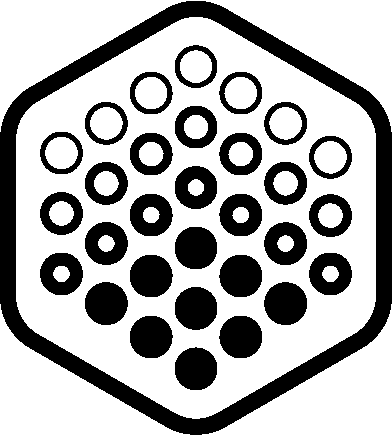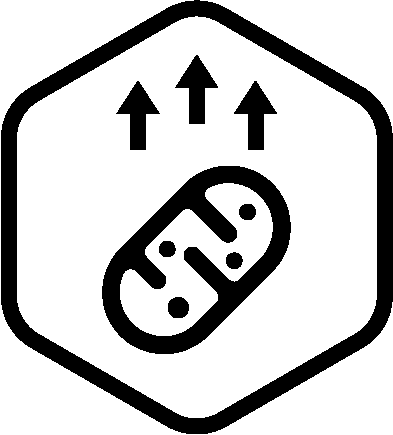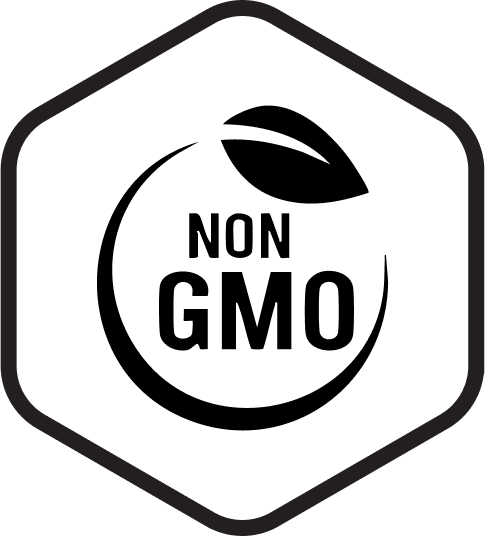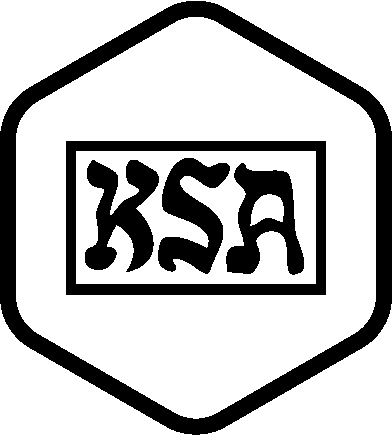2012-10-04
50 healthy subjects, 40-65 years old, with visible signs of skin aging
60 days
300 mg total polyphenol blend, 150mg apple derived procyanidins, 150mg resveratrol
Why is this study important? This placebo-controlled, double-blind clinical trial evaluated the effects of a resveratrol–procyanidin blend on skin aging and systemic oxidative stress. After 60 days, participants showed significant improvements in skin hydration, elasticity, and wrinkle depth, along with reduced oxidative stress—supporting the potential of polyphenol-based nutraceuticals for anti-aging from the inside out.
In Plain English: This study tested a plant-based supplement rich in powerful natural compounds called polyphenols—including resveratrol and procyanidins—to see if it could improve signs of aging. After two months, people who took it had smoother, better-hydrated skin, fewer wrinkles, and stronger internal antioxidant defenses. The results suggest that certain botanical supplements may help your skin and body stay younger, longer.
For Medical Professionals: In this 60-day randomized, double-blind, placebo-controlled trial, 50 subjects were evaluated for the effects of an oral nutraceutical containing resveratrol and procyanidins on skin aging and systemic oxidative stress. The treatment group showed statistically significant improvements in skin hydration, elasticity, and wrinkle depth, as well as reductions in age spot intensity (via individual typological angle). Systemic oxidative stress markers decreased, while plasma antioxidant capacity and skin antioxidant power increased. These findings support the systemic and dermatologic benefits of polyphenol-based supplementation in mitigating photoaging and oxidative damage.
